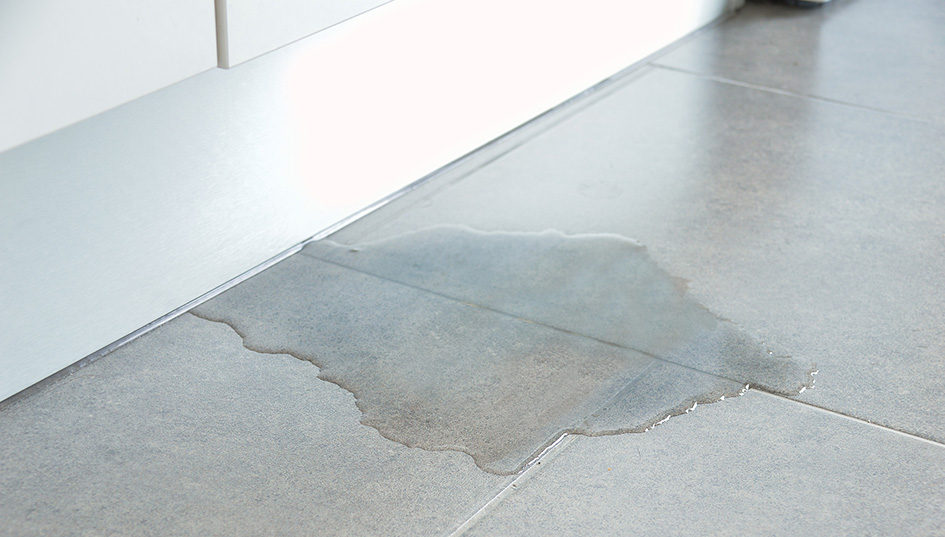In Pennsylvania Manufacturers Indem. Co. v. Pottstown Industrial Complex, LP, 2019 WL 3281746, — A.3d —- (Pa. Super. Ct. July 22, 2019), the Pennsylvania Superior Court held an insurer owed a duty to defend its insured against a tenant’s claim for damage to its inventory from flooding during rainstorms as a result of the insured’s alleged failure to maintain the roof of the building. Distinguishing well-established Pennsylvania law holding claims for faulty workmanship do not constitute an “occurrence,” the court held the insurer owed a duty to defend because the complaint alleged the insured’s faulty work resulted in a distinct event of flooding, which caused damage to other property, i.e., the tenant’s inventory.
Pottstown arose out of alleged damage to inventory stored by The Pride Group, Inc. (“plaintiff”) on premises rented to plaintiff by Pottstown Industrial Complex LP (“Pottstown”). Plaintiff filed a lawsuit against Pottstown alleging that it sustained $700,000 in damage when the premises flooded on four occasions between July 2013 and June 2016. “The first of these floods occurred on July 22, 2013, when ‘extensive amounts of rainwater infiltrated from the roof area and into the [p]remises, cascading across’ and destroying inventory worth over $397,000; the other three floods occurred in 2015 and 2016.” Plaintiff alleged that Pottstown was responsible for maintaining the roof pursuant to the lease and that Pottstown negligently failed to maintain and repair the roofs. Specifically, Plaintiff alleged that the roof suffered from “poor caulking of the roof, gaps and separations in the roofing membrane, undersized drain openings, and accumulated debris and clogged drains,” and the floods resulted from these conditions. Plaintiff alleged one cause of action against Pottstown for breach of contract.
Pottstown sought coverage from its insurer under a commercial general liability insurance policy, which provided insurance coverage for “property damage” caused by an “occurrence.” The insurer agreed to defend Pottstown under a reservation of rights and filed a declaratory judgment action. In the declaratory action, the trial court held the insurer owed no coverage because the plaintiff’s allegations of inadequate roof repairs were claims for faulty workmanship, which do not constitute an “occurrence” under Kvaerner Metals Division of Kvaerner U.S., Inc. v. Commercial Union Ins. Co., 908 A.2d 888 (Pa. 2006); and Millers Capital Ins. Co. v. Gambone Brothers Development Co., 941 A.2d 706 (Pa. Super. 2007). The Superior Court reversed.
The Superior Court recognized and discussed several cases holding claims for faulty workmanship are not covered, including Kvaerner; Gambone; Erie Insurance Exchange v. Abbott Furnace Co., 972 A.2d 1232 (Pa. Super. 2009); and Snyder Heating Co. v. Pennsylvania Manufacturers’ Assoc. Ins. Co., 715 A.2d 483 (Pa. Super. 1998). However, the court found “[t]hese precedents [ ] do not hold that the fact that liability is based on failure to properly perform contractual duties precludes the existence of an ‘occurrence’ where the claim is for damage to property not supplied by the insured and unrelated to what the insured contracted to provide.” Rather, citing Indalex Inc. v. National Union Fire Insurance Co. of Pittsburgh, 83 A.3d 418 (Pa. Super. 2013), the court found that where “the underlying claims allege that the insured’s faulty work caused personal injury or an event that damaged other property, this Court has concluded that there was an ‘occurrence’ and that the insurer had a duty to defend.” Based on the foregoing interpretation of the cited precedent, the court held the insurer owed a duty to defend Pottstown. The court reasoned that the alleged damage to the inventory was damage to property other than the insured’s work and that such damage was caused by flooding, which constituted a “distinct event.” While the Litigation only involved a breach of contract cause of action, the court noted that the plaintiff’s factual allegations included that Pottstown was negligent in its maintenance of the roof.
The court’s ruling is the latest of many cases reaching varying conclusions as to whether a claim arising out of faulty work involves an “occurrence.” In other Pennsylvania cases, courts have read the term restrictively, finding that the mere existence of damage to property other than the insured’s work does not necessarily mean there was an “occurrence” where such damages were the reasonably foreseeable result of faulty work, Lenick Constr., Inc. v. Selective Way Ins. Co., 737 Fed. Appx. 92 (3d. Cir. 2018) (Pennsylvania law), and distinguishing Indalex in part because that case involved an “off the shelf product” had an “active malfunction.” Acuity, A Mut. Ins. Co. v. Knisely & Sons, Inc., No. CV 3:15-76, 2016 WL 4223757 (W.D. Pa. Aug. 9, 2016). The varying conclusions that these courts have reached demonstrate the careful attention that must be paid to the allegations and facts at issue when evaluating whether there is an “occurrence.”
For more information, contact Tressler attorney Michael DiSantis at mdisantis@tresslerllp.com.
